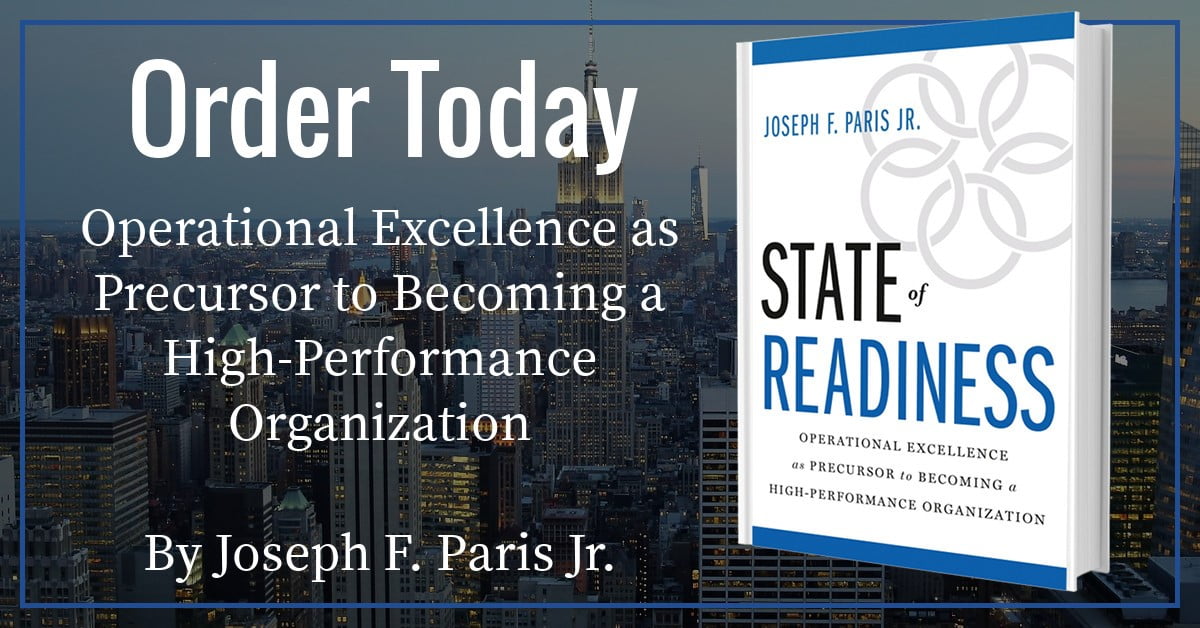Question: How do I Increase My Sales in a Down Economy? Answer: Sell.
I have been reading countless articles, and listening to as many newscasts, that all forecast a dismal Holiday season for retailers.

And it seems that every retailer is warning their investors to prepare for the worst: lower overall sales, lower margins, lower same-store sales, etc… The news is grim, as customers reportedly tighten their purse-strings in the face of uncertainty.
But it seems that what every retailer that I have recently experienced seems to have forgotten is that they should hire fewer “clerks” and more “salespeople”. I am going to give you a recent experience… In search of Hearth Gloves:
I have a fireplace that burns logs – not pellets, and not natural gas – but good old fashioned logs that I split to size with a 10lb maul myself – it’s great therapy.
But I don’t like to use the fireplace “tongs” to manipulate the burning wood. I find that I can never get a good grip and the logs end-up spinning around and scattering embers all over the place. Instead, I like to use “hearth gloves” which are made of heavy leather and insulated. With these gloves on, I can just reach into the fire, grab the burning log, and place it wherever I want without any hassle and without getting burned.
However, between using the gloves and having a dog who likes to chew on anything leather, I have to replace them every couple of years.
So this past weekend, I went to the big-box hardware store where I usually buy them and looked in the “fireplace isle”. There were a lot of “tongs”, some of them were even pretty fancy, but the gloves were no place to be found. There was a clerk nearby and this is the conversation:
Paris: “Excuse me, but I am looking for hearth gloves. They are gloves that you use to move burning wood around in the fireplace.”
Clerk: “Did you look in the fireplace isle?”
Paris: “Yip. But I couldn’t find them. I usually buy them here and I’m wondering if you are carrying them and just out of stock, or if you are not carrying them this year at all.”
Clerk: “Well, if you didn’t see them, then we must not have them. They would be out if we did.”
Paris: “I realize that. But perhaps you can look them up on the inventory computer (he is standing next to it) and check their status.”
Clerk: – Without bothering to look – “I am sure if we carried them, they would be on the shelf.”
… End of conversation.
On my way out of the store, I am passing the “Customer Service Desk” and decide to try my luck. There are three customer service representatives standing behind the desk, no lines, and no other customers being “serviced”. They are just standing there chatting – which is fair enough, I guess, if there is nothing better for them to do. I am not kidding, but this is the conversation:
Paris: “Excuse me, but I am looking for hearth gloves. They are gloves that you use to move burning wood around in the fireplace.”
Customer Service: “Did you look in the fireplace isle?”
Paris: “Yip. But I couldn’t find them. I usually buy them here and I am wondering if you are carrying them and just out of stock, or if you are not carrying them this year at all.”
Customer Service: “Well, if you didn’t see them, then we must not have them. They would be out if we did.”
Paris: “I realize that. But perhaps you can look them up on the inventory computer (he is standing next to it) and check their status.”
Customer Service: – Again, without bothering to look – “I am sure if we carried them, they would be on the shelf.”
Paris: “Can you just look them up on the computer?”
Clerk: “Without a SKU, I can’t really look them up. In fact, I have items here that take-up hundreds of square feet of space and can’t find them on the computer.”
… He does not even make an attempt to try to look them up. And I am thinking they have a terrible computer system. Just then, the Clerk happens by the Customer Service Counter.
Customer Service to Clerk: “Do we have any hearth gloves?”
Clerk: “I told him that if they were not out on the shelf, we didn’t have any.”
Customer Service to Paris: “We must not have any.”
Paris: “I concede that you don’t have any. My question is, do you carry them?”
Customer Service: “I don’t have any way of finding out.”
Paris: “Do you think I might be able to go on-line at home and check your web-site for them?”
Customer Service: “That’s a good idea.”
Paris: “That’s what I will do then. Thank you.”
Customer Service: “You’re welcome.”
Paris: “By the way. Can your terminal access the internet?”
Customer Service: “Yes.”
Paris: “Hmmm…”
… End of conversation.
I left the store completely bewildered. Both of these representatives – supposedly there to service the customer and for the benefit of the company – did nothing to try to help me and make a sale. Even when coached by me as to how they might, they passively declined.
Were they lazy? Or poorly trained? Or just idiots? I really don’t know.
What I do know is that there is a cost to the company for having these people on their payroll, but that the company is not realizing the full potential of these resources and – as far as this consumer in this incident is concerned – they have no value whatsoever.
Somewhere along the line, retail “salespeople” turned into non-value-add “clerks” or “cashiers”. Instead of adding value and driving sales, the people on the floor have turned into “facilitators” – living cash registers and inventory robots.
But I know that the management of these retail stores schedule their human resources based in large part on the customer traffic predictions. These customer traffic predictions can be translated to estimated revenue per resource per hour (or per shift).
Crazy thought – but what if these “facilitators” were trained how to sell? How (and when) to approach a customer to offer sincere assistance. How to be empathetic to the customer and to ask questions of the customer to help them in the selection process. How to cross-sell and up-sell without being pushy. The company may even spend some time with the salespeople in product education and what promotions there may be.
And, God forbid, you further incent your salespeople by rewarding them for exceeding their revenue targets. Do you think sales would increase?
Ironically (coincidentally?), just today on www.Bloomberg.com, David Schick, an analyst with Stifel Nicolaus & Company said in a telephone interview with respect to Home Depot after Home Depot reported revenue and profits being not as bad as predicted, “This is proof that this industry does not have to be on sale to sell product. You don’t paint the room necessarily because the paint was on sale. You paint the room because it was time to paint the room.” He recommends a buy on Home Depot.
In my opinion, he misses the point completely. If you go to the grocery store for milk, you are expecting to find milk and will buy milk. This is a high-volume, low-margin item. The profits are made on moving the low-volume, high-margin items that supplement the carrying of the milk – just as I am sure that the margin on my hearth gloves would be higher than the margin on paint.
And whilst you may not need a salesperson to sell milk (or paint), you do need an empathetic, knowledgeable and incented salesperson to maximize your profit potential. In trying times such as these for the retail industry, it’s worth a try.
Oh… A bit of an “Epilog”…
I went home and “Googled” “hearth gloves”. One of the “hits” was Target and a click later I was right at the item on the website where I could either order it on-line or find a nearby store with inventory. Another click and I discovered my local Target had it in stock. With a quick phone call to the store (telephone number provided by the website), I had a real “customer service” person put a pair on hold where, later that day, a company made a sale… and another did not.
 Paris is the Founder and Chairman of the XONITEK Group of Companies; an international management consultancy firm specializing in all disciplines related to Operational Excellence, the continuous and deliberate improvement of company performance AND the circumstances of those who work there – to pursue “Operational Excellence by Design” and not by coincidence.
Paris is the Founder and Chairman of the XONITEK Group of Companies; an international management consultancy firm specializing in all disciplines related to Operational Excellence, the continuous and deliberate improvement of company performance AND the circumstances of those who work there – to pursue “Operational Excellence by Design” and not by coincidence.
He is also the Founder of the Operational Excellence Society, with hundreds of members and several Chapters located around the world, as well as the Owner of the Operational Excellence Group on Linked-In, with over 25,000 members.
For more information on Paris, please check his Linked-In Profile at: http://de.linkedin.com/in/josephparis








